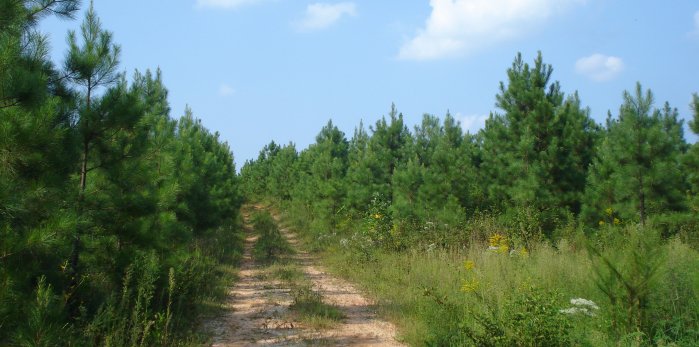
We make a lot of distinctions w/o even thinking about it. One of the most prevalent and potentially pernicious is the idea that some things are natural – almost sacred and untouchable – while others are profaned by human contact.
I think the goal should be sustainable, not “natural.” Natural is a slippery, arbitrary and often arrogantly used term. It is a chimera that assumes also that an environment that results from random chance and the interactions of non-human animals and plants is somehow qualitatively different than one with human influences. This is just not true. Some of the most productive, beautiful and sublime environments are the resulst of long term human interference and management. They are not “natural” if that term implies human free. But they are sustainable
That is why I quibble with words like “recovery,” “damage” or “natural” used too freely when talking about human interactions with the environment. They can sometimes be appropriate, but they too often imply that something is broken and that we have identified a problem that we need to fix. Some radical misanthropes who call themselves environmentalist actually believe that somehow the earth would be better off w/o humans. Of course, this is a very short-sighted and ironically very human-based point of view.
In fact, we would not want most human-influenced, human created, environments to revert to their pre-human state, even if that was possible and even if we could determine what non-human influence means, since there has not been such an environment in most of the world since the end of the last ice age or before. The wonderful “natural” environments of pre-Columbian America were by no means natural, BTW. They were created by Native American activities, especially fire, for example. Humans have changed the environment ever since there have been humans. Other animals have done so too, BTW. It is the nature of all life.
Sustainable is clearly the better concept. It provides a wide variety of choices and modulations of human influence. We will always have human influence as long as we are here, who cares after that, so why even talk about anything else? So let’s go with sustainable, which is achievable and good, rather than some hypothetical “natural” state, which is – BTW –itself an artificial human philosophical creation.
(I have long contributed to the Nature Conservancy and I recommend everyone do it. What I like about the Nature Conservancy is its do something good perspective. I like it that my money helps conserve and restore places to sustainable nature. Read some of what they are doing for sustainable grasslands at this link.)
I read a three articles today that touch on these concepts. The first talks about how quickly ecosystems will revert to a sustainable “natural” state when humans move away. The truth is that it takes a lot of human effort to PREVENT nature from obliterating the works of humans. Some would argue that the new state is not “natural” and it is not pristine or natural in the purist or religious sense, but it is sustainable, which is what we should really care about.
The next article talked about new environmentally friendly processes that can make softwoods as hard and resistant to the elements as tropical hardwoods. This is important because we and do grow softwoods (such as pines) sustainably. Tropical hardwoods tend to be essentially mined from rainforests, often illegally. Replacing tropical hardwoods with sustainably grown temperate wood would go a long way to slow or even stop deforestation. It seems almost too good to be true, but many really big changes pivot on small improvements in technologies and techniques.
The last article is about an unsustainable, well intentioned hubris. Spain has been subsidizing solar power, but it has proven unsustainable, i.e. it is not viable w/o subsidies; it doesn’t look like it soon will be viable w/o subsides and Spain can no longer afford to provide subsidies. The whole worldwide market for solar is affected.
This is a good example of why governments should not try to favor specific technologies. Solar does work, but not as well everywhere. The kinds of decisions must be made on local levels to allow the greater variety and localization. The Spanish debacle might well have a desired effect, just not in Spain. Prices are dropping because of the Spanish withdrawal. The lower prices will encourage adoption, maybe in places and applications where solar actually makes more sense.
We should take the lesson for our own environmental legislation. The best regulation is one that gives people and firms incentives to use their intelligence and imagination to create innovations appropriate to their needs. General directions are better than detailed instructions.
We humans are going to be on this earth for a long time to come. We are part of nature. We should not pretend we can separate ourselves. Our task is to live sustainably on this planet. Trying to establish a pre or non-human perspective is just plain stupid. Human interventions can be good or they can be bad. Sometimes plants and animals do better around human “footprints.”
